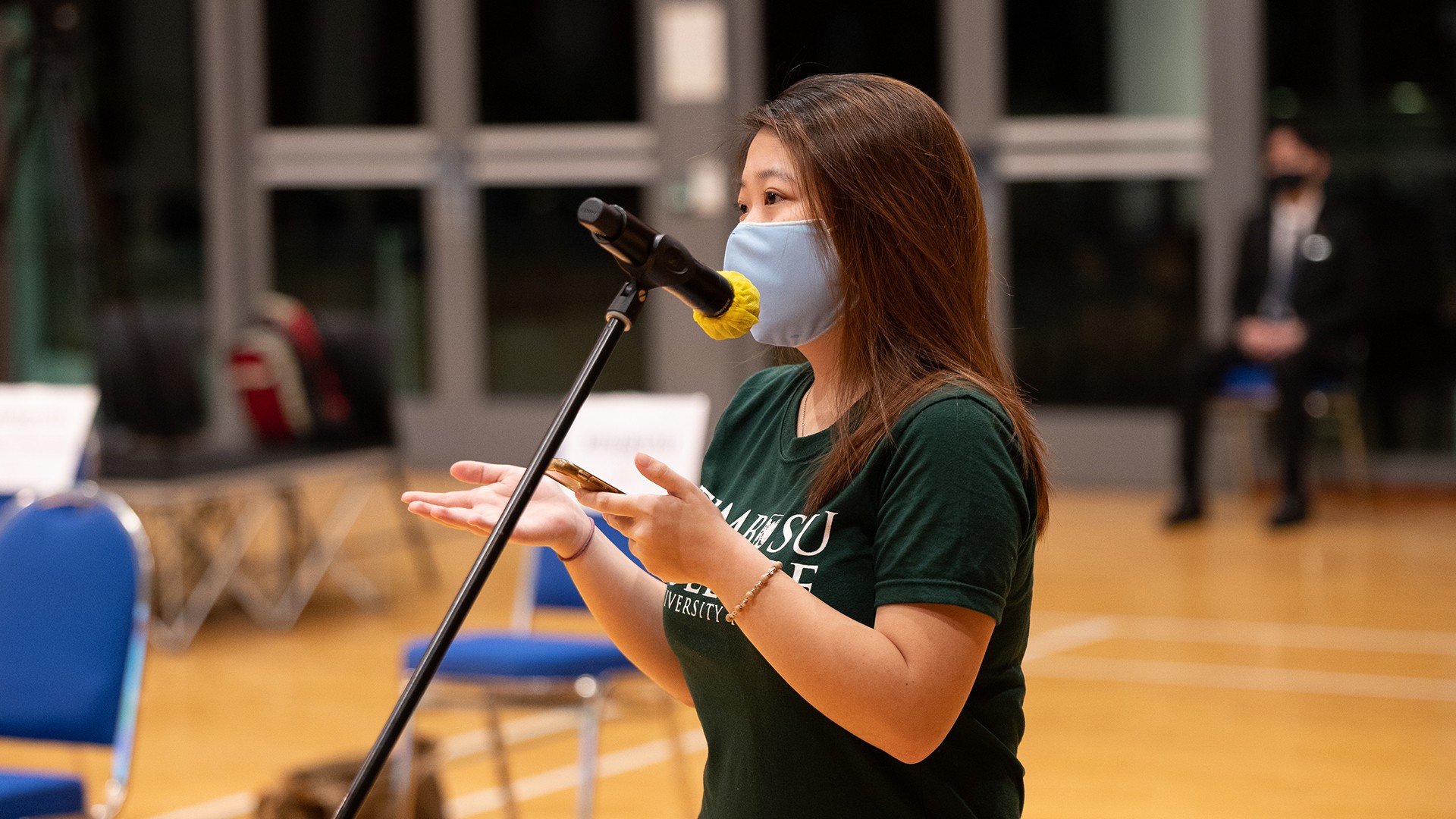Learning from the current crisis to prepare for the next pandemic
Investing in healthcare, strengthening social compact and bracing for a slow and uneven economic recovery are key lessons learnt from the COVID-19 pandemic, according to the speakers at the latest iteration of the Tembusu Forum held on 26 January.
Hosted by NUS Tembusu College’s Rector and veteran Singapore diplomat Professor Tommy Koh, the Forum discussed the impact of COVID-19 on Singapore with three thought leaders — Associate Professor Jeremy Lim, Director of the Leadership Institute for Global Health Transformation at NUS Saw Swee Hock School of Public Health, Mr Vikram Khanna, Associate Editor at The Straits Times, and Dr Ng Kok Hoe, Senior Research Fellow and Head of Case Study Unit at the Lee Kuan Yew School of Public Policy.
“It is important to gain deeper understanding on the health, economic and social impact of COVID-19 and draw lessons from the crisis so we can be better prepared for the next pandemic,” said Prof Koh.
Speaking on the health impact of the pandemic, Ascoc Prof Lim stressed, “Health is existential, not just essential. We must invest much more in health, and this includes getting the best people in healthcare and paying our nurses better.” He also touched on the importance of building up surge capacity for national health security, and the need to pay greater attention to mental health challenges arising from the pandemic.
Sharing his views on the economic aspects, Mr Khanna said one should expect recovery from COVID-19 to be slow and uneven. Some sectors such as e-commerce and telecommunications will bloom, while others, particularly the service sector, may continue to suffer. There would be stiffer competition from “digital nomads”, he shared, citing the example of Upwork, an online platform which connects business with freelancers from across the globe.
“Working from home means working anywhere. This has created a new landscape of the labour market where the local workforce have to compete with freelancers who can offer similar services at lower prices,” he said.
Lingering issues would include sustained unemployment due to mismatch between job vacancies and skills, deferment of contract obligations -- and potential bankruptcies when such deferment and government support come to an end.
Becoming more inclusive
One common lesson raised by all three speakers at the forum was the need for Singapore and its citizens to be more selfless.
Discussing the social impact of the pandemic, Dr Ng called upon Singaporeans to think about what could be done to help the migrant workers community. “The fact that 92 per cent of Singapore’s cases were made up of migrant workers shows a clear social gradient in the impact of COVID-19,” he said.
The low income groups in Singapore were badly hit when their basic needs of housing and food security were compromised. Hundreds of homeless had come forward to seek help during the circuit breaker, he shared. This led to an unprecedented call for businesses and households to provide shelters to the homeless.
Disadvantages for students from low income families were also more evident with the introduction of home-based learning during the circuit breaker. Their plight highlighted the issue of inadequate digital resources and space within rental flats for these students to learn effectively. “Parents from these low income groups also often work in the service industry and are not able to exercise flexibility in care-giving during this period,” Dr Ng said, adding that these problems will persist beyond COVID-19 if not proactively addressed.
He emphasised the importance to openly and boldly confront the problems of meeting basic needs for the poor in order to rebuild an inclusive, and cohesive society. “We need to talk about homelessness, food insecurity, measure poverty, set standards and targets to make concrete policies,” he said.
“We are all in this together. We are not just one Singapore but also one world,” said Assoc Prof Lim. “Singapore has a lot to contribute to her neighbouring countries and the world.”
In closing, Prof Koh urged the audience to play a part. “Volunteer, if an issue is important enough to you… and also encourage intellectuals to continue to fight for justice and for equality,” he said.
Like this story? Join the NUS News Telegram channel or sign up for the email newsletter for regular updates.




